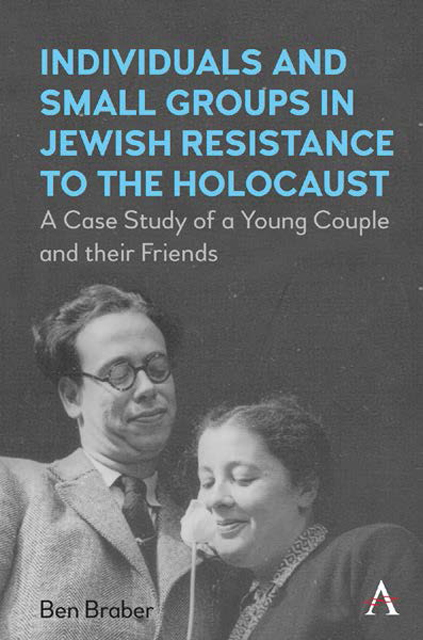 Individuals and Small Groups in Jewish Resistance to the Holocaust
Individuals and Small Groups in Jewish Resistance to the Holocaust Summary
This book set out to examine the personal circumstances and characteristics of Jews who fought the German occupation of the Netherlands from 1940 to 1945, opposed the National Socialist persecution of the Jews in this country and formed small Jewish resistance groups. It sought to answer the questions formulated by Tydor Baumel-Schwarz, summarised in the introduction, about specific personalities, shared identity traits and common worldviews. For that purpose, this book reviewed what caused Jews to resist, the moment and manner they chose to act, the results of these choices, what influenced their decisions and subsequent resistance work, and who took initiatives and drew in others.
The answers to these questions in this book are conditional and provisional. After all, it's only a case study, focused on a couple – Ter Kolthoff and Nol Bueno de Mesquita – and some of their friends. It's restricted to a limited number of individuals and groups, and there's much we still don't know or understand; so, more research remains to be conducted.
Nevertheless, in general it can be concluded that the invasion of the Netherlands in May 1940 and early German measures and actions immediately caused some Jews to resist. Their resistance usually grew from their pre-1940 activity and opposition of National Socialism, occasionally after they had fled from Germany to escape political and anti-Jewish persecution but maintained a strong desire to act against the National Socialists. Further German measures, specifically aimed at Jews, and the violent acts of Dutch National Socialists against Jews during the first two years of occupation brought about the incidence of different forms of Jewish resistance. The German segregation decrees of 1941, such as the registration order, also caused first steps towards resistance. After that, German terror and the National Socialist preparation for and the deportation of Jews from the Netherlands increased Jewish resistance.
The way in which Jews acted differed greatly. There was no such thing as ‘the Jewish resistance’, that is, an ideological movement, membership organisation or common strategy. Sometimes people who happened to be Jews opposed National Socialism, sometimes Jews resisted specific German measures. Often, individuals, small groups and loose networks conducted different forms of resistance at the same time.
- Type
- Chapter
- Information
- Individuals and Small Groups in Jewish Resistance to the HolocaustA Case Study of a Young Couple and their Friends, pp. 127 - 136Publisher: Anthem PressPrint publication year: 2022
